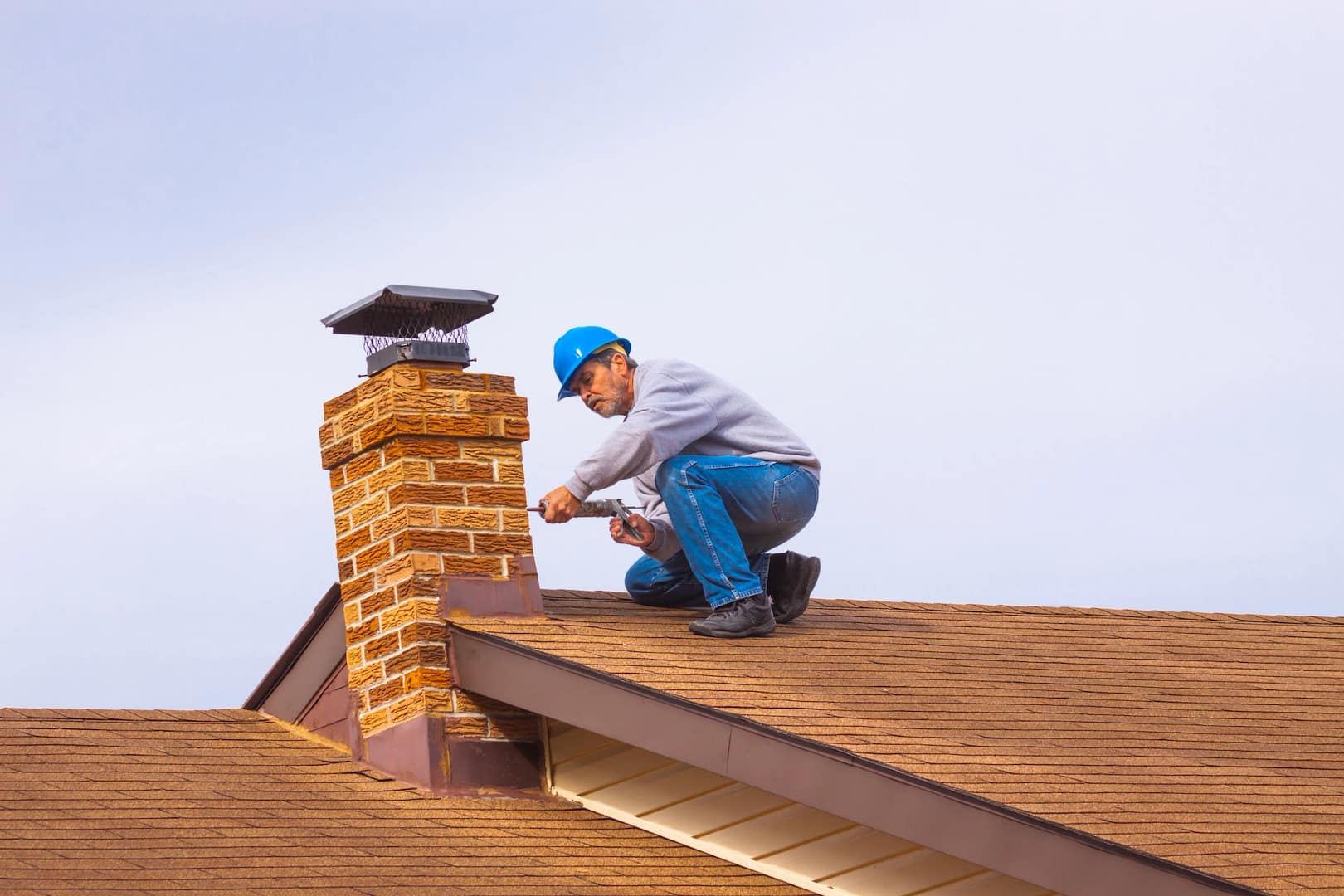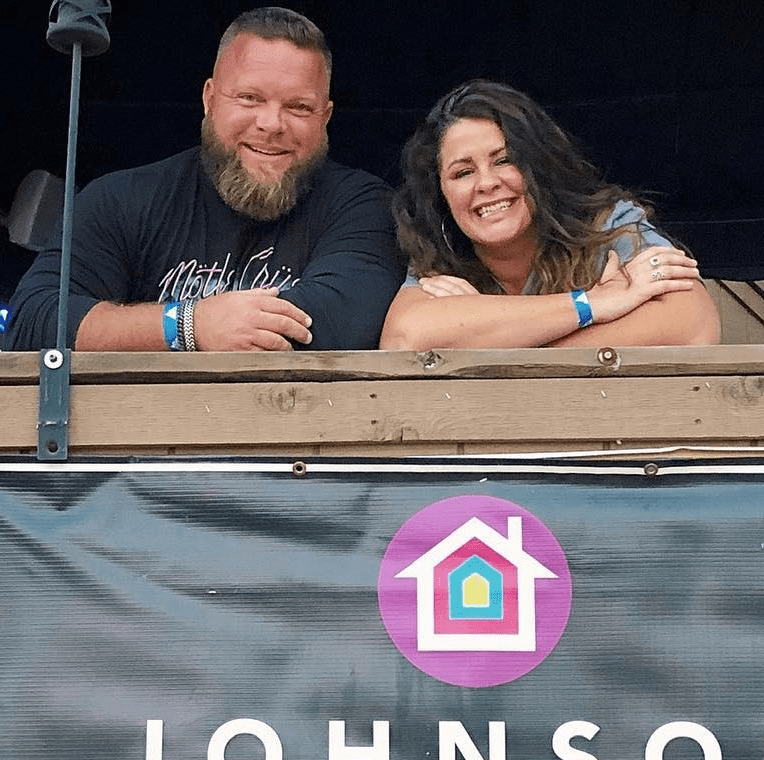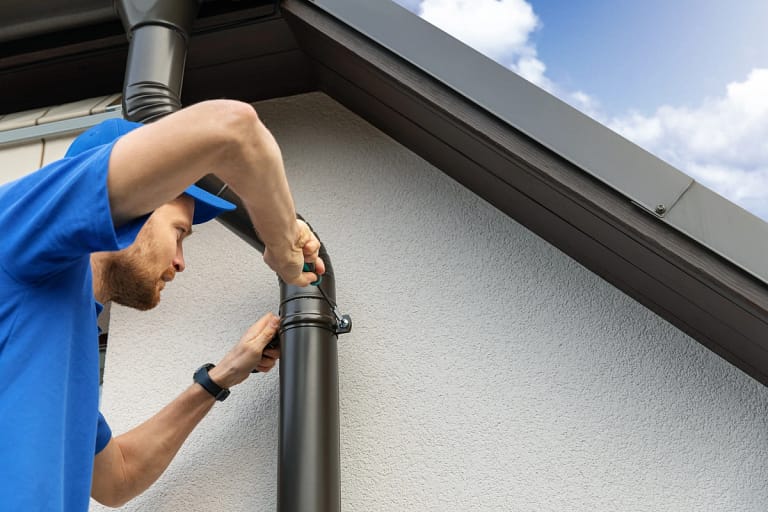Chimneys are an essential component of many homes, providing warmth and ventilation while adding charm and character. However, like any part of your home, chimneys require regular maintenance and occasional repairs to ensure they function properly and safely.
In this expert guide to chimney repair, we’ll take you through everything you need to know, including:
- Identifying signs of damage to weighing
- The pros and cons of DIY repairs versus hiring professionals
- How to maintain your chimney
Signs of Chimney Damage
Chimney damage can be sneaky. If you don’t know what to look for, it can quickly escalate, causing uge problems for your home. Here are some of the more common signs of damage:
- Cracked Masonry: One of the most visible signs of chimney damage is cracked bricks or mortar joints. These cracks can allow water to seep in, leading to further deterioration and potential structural issues.
- Efflorescence: Efflorescence appears as a white, powdery residue on the exterior of your chimney. It indicates water penetration and can signal underlying damage to the masonry.
- Leaking Inside the Home: Water stains on the walls or ceiling near the chimney, especially after heavy rain, suggest a leaky chimney. This could be due to damaged flashing, a cracked chimney crown, or deteriorated chimney liner.
- Damaged Chimney Cap: A missing or damaged chimney cap allows water, debris, and animals to enter the chimney flue, causing damage and blockages.
- Damaged Flue Liner: If you notice pieces of tile or mortar in your fireplace or find it difficult to draw smoke up the chimney, your flue liner may be damaged. This compromises the chimney’s ability to safely vent smoke and gases.

The 4 Dangers of a Damaged Chimney
Ignoring chimney damage can lead to severe consequences, including:
1) Fire Hazard:
Cracked masonry, damaged liners, or obstructions increase the risk of chimney fires due to the buildup of creosote or inadequate ventilation.
2) Carbon Monoxide Poisoning:
A compromised chimney can cause carbon monoxide to seep into your home, leading to serious health risks or even death.
3) Structural Damage:
Water infiltration can weaken the chimney’s structure, leading to collapse or damage to adjacent walls and roof.
4) Decreased Energy Efficiency:
A damaged chimney can reduce the efficiency of your heating system, leading to increased energy bills.
Pros and Cons of DIY Repair Versus Hiring a Professional
Choosing between a chimney professional and doing the work yourself can be difficult, particularly if chimney repair costs are front of mind.
Here are some of the pros and cons of each type of chimney repair.
DIY Repair:
✅ Pros:
- Cost Savings: DIY chimney repair can be more affordable than hiring a professional.
- Satisfaction of Accomplishment: Successfully repairing your chimney can be rewarding.
- Flexibility: You can work on your own schedule and pace.
❌ Cons:
- Lack of Expertise: Chimney repair requires specialized knowledge and skills. DIY attempts may worsen the damage or pose safety risks.
- Safety Concerns: Working on a chimney involves climbing ladders and handling heavy materials, increasing the risk of accidents.
- Limited Warranty: DIY repairs may not come with a warranty, leaving you responsible for any future issues.
Hiring a Professional
✅ Pros:
- Expertise and Experience: Professional chimney technicians have the knowledge and training to identify and address various chimney issues effectively.
- Safety Assurance: Professionals adhere to safety standards and regulations, minimizing the risk of accidents.
- Warranty Coverage: Most professional chimney repairs come with a warranty, providing peace of mind.
❌ Cons:
- Higher Cost: Hiring a professional chimney repair service can be more expensive than DIY.
- Dependency on Scheduling: You may need to wait for an appointment, especially during peak seasons.
- Less Personal Control: You relinquish control over the repair process to the professionals.
The Cost to Repair Your Chimney
The cost of chimney repair varies depending on the extent of the damage, the materials needed, and whether you hire a professional or opt for a DIY approach. Here’s a breakdown of common chimney repairs and their estimated costs:
- Chimney Cleaning: $100 to $300, depending on the chimney’s size and condition.
- Chimney Cap Replacement: $150 to $500, including materials and labor.
- Flue Liner Repair or Replacement: $1,000 to $5,000, depending on the liner material and extent of damage.
- Masonry Repair: $500 to $3,000 for minor repairs, up to $10,000 or more for extensive damage.
- Chimney Crown Repair or Replacement: $500 to $2,500, depending on the materials used.
It’s essential to get multiple quotes from reputable chimney repair companies and consider the long-term value and warranty coverage when evaluating costs.

How to Maintain Your Chimney
Regular chimney maintenance is key to preventing costly repairs and ensuring the safety of your home. Here are some essential maintenance tips:
Schedule Annual Inspections:
Hire a certified chimney sweep to inspect and clean your chimney at least once a year, preferably before the heating season begins.
Install a Chimney Cap:
A chimney cap prevents water, debris, and animals from entering the chimney flue, reducing the risk of damage and blockages.
Monitor for Signs of Damage:
Keep an eye out for signs of chimney damage, such as cracks, efflorescence, or leaks, and address them promptly.
Use Seasoned Wood:
Burn only seasoned hardwood in your fireplace to minimize the buildup of creosote, reducing the risk of chimney fires.
Practice Safe Burning Practices:
Avoid overloading the fireplace with wood and never burn trash or treated wood, as they can release harmful chemicals and contribute to chimney buildup.
Maintain Proper Ventilation:
Ensure that your chimney has adequate ventilation to prevent the buildup of gases and reduce the risk of carbon monoxide poisoning.
Learn About Your Chimney Repair Cost with Johnson Restoration!
Your chimney plays a crucial role in keeping your home safe and comfortable, but neglecting its maintenance can lead to costly repairs and serious safety hazards. Whether you choose to tackle repairs yourself or enlist the help of a professional, prioritizing chimney maintenance is an investment in your home’s safety and longevity.
At Johnson Restoration, we’re well versed in everything to do with your chimney and roofing system. Contact us today to get the support you deserve!






